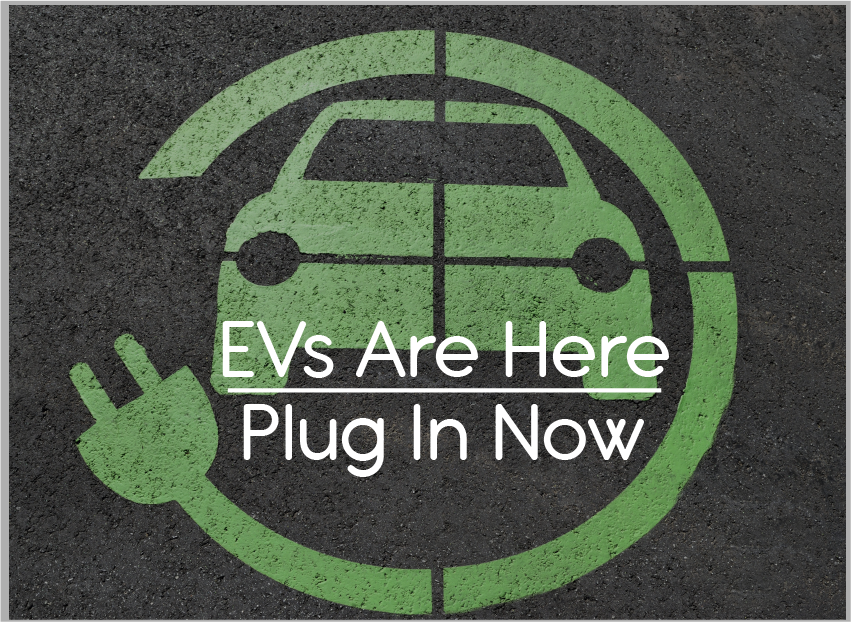In four decades working with electric vehicles (EVs), I’ve seen them evolve from backyard projects cobbled together out of forklift parts into high-performance, luxury conveyances available at bargain prices. But I’m still waiting for mass adoption. Consumers claim to care about energy, the environment, dark money in politics, and other problems that EVs can help remedy; but even among those committed to these concerns, many continue to buy internal combustion vehicles (ICVs) and hesitate to buy EVs.
Their resistance is as understandable as it is frustrating. We’re inundated with mis- and disinformation, regardless of our sources. Where EV news is concerned, we need to find ways to cut through the nonsense and find the truth.
Can We Have Some Conspiracy, Please?
Chris Paine chronicled California’s 1990 EV Mandate in his well-researched 2006 documentary, “Who Killed the Electric Car?” People frequently criticize the film as “just another conspiracy theory,” a charge I find puzzling. To my eyes, one of the film’s strongest messages is that it doesn’t take a conspiracy to stymie progress; it just takes people protecting their existing interests. The late, great David Freeman (former chair of the Tennessee Valley Authority and former energy policy advisor to the Southern Alliance for Clean Energy) said as much on-camera, and at least one other prominent voice from the film has echoed that view.
In fact, it takes a conspiracy (aka collaboration and cooperation) to change the status quo. Any volunteers?
Facing the Deluge
Hardly a month goes by without some widely circulated article claiming EVs are somehow harmful. The objections always address concerns like the environment, energy, human rights, and income inequality. Articles often raise objections, cite an “authoritative” study, then leave it to the reader to verify the details.
The authors of these extravagant lies have plenty of tricks up their sleeves. Some of the articles simply misrepresent honest studies. Many dishonest studies implicitly assume that EV batteries won’t last as long as the warranty (8 years / 100,000 miles), a problem which would bankrupt EV manufacturers if it were true. Sometimes the data are decades out of date, in a field that changes almost daily. Sometimes the data are all within possible ranges, every assumption is stretched to breaking within its range, all in the direction of the foregone conclusion. Etc., etc., ad infinitum.
Public Delay = Private Profit
The main purpose of these distortions is to spread FUD (Fear, Uncertainty, and Doubt) to cause likely EV buyers to hesitate. To understand why anyone would do this, it’s important to understand the enormous sums of money at stake. There are huge incentives to lie, and no shortage of liars chasing their thirty pieces of silver. The most obvious example is oil companies, which face drastic revenue reductions in the short term, followed by writing off trillions in assets over the longer term, from widespread EV adoption.



Think Globally, Act Personally
Are you concerned about childhood asthma? About the climate crisis? That we’re constantly on the brink of war with Iran? That Saudi Arabia ordered the torture and killing of a Washington Post journalist, and we’re powerless to object?
EVs are robust, positive responses to these and other vital questions. Thinking globally is essential, but acting locally isn’t enough. We need to act personally. Starting yesterday.
The Truth is Out There
Plug-In America organizes Drive Electric Earth Day (DEED) to bring people interested in EVs together with people who own and drive them. Unfortunately, COVID-19 went viral in all the wrong ways this spring and the events moved online this year. Please bookmark the URL for next year.
National Drive Electric Week (NDEW) is DEED’s annual Autumn counterpart. We’ll have to wait and see how it will unfold this year due to COVID-19.
Local chapters of the Electric Auto Association can help all year long.

Note about this blog series author, Dave Erb: In a four-decade automotive engineering career focused on energy and emissions, Dave developed vehicles using gasoline, diesel, biodiesel, alcohol, natural gas, electric, and hybrid-electric powertrains. From 1995 to 2004, he created and taught a three-day professional development short course on “Design of Hybrid Electric Vehicles” for the Society of Automotive Engineers. He is the author of Chapter 1 of “Driving to Net 0: Stories of Hope for a Carbon-Free Future,” a collection of 15 first-person accounts of families pursuing sustainability by combining solar houses with electric vehicles, and a volunteer with the Southern Alliance for Clean Energy.
#EVsHerePlugInNow


